This is the realme 7, the brand’s newest mid-range phone touted to sport a world’s first in a MediaTek Helio G95 chipset, a 5000mAh battery, and 30W Dart Charging. With releases just months apart from the realme 6, is it a mirror of its predecessor or a whole new phone worth looking forward to? Here’s our full review.
realme 7 specs:
- 6.5-inch FHD+ IPS display, 2400 x 1080px
90Hz refresh rate, 90.5% screen-to-body ratio
Corning Gorilla Glass - 2.05GHz octa-core MediaTek Helio G95
ARM Mali-G76 MC4 GPU - 8GB LPDDR4X RAM
- 128GB UFS 2.1 with dedicated MicroSD slot for up to 512GB
- Quad-rear cameras with LED Flash:
64MP Sony IMX682 f/1.8 main
8MP f/2.3 ultra-wide
2MP f/2.4 portrait
2MP f/2.4 macro - 16MP Sony IMX471 f/2.1 selfie camera
- 4G LTE, Dual-SIM (nano)
- WiFi 802.11ac, Bluetooth 5.0, NFC, GPS
- USB Type-C, 3.5mm audio jack
- realme UI (Android 10)
- 5,000mAh battery
30W Dart Charging - Colors: Mist Blue, Mist White
Mirror, Mirror on the (Back) Wall
This finish at the back? Hands down, the most impressive from realme’s phones yet. As we explained earlier in our hands-on, the AG Mirror Finish is most certainly the eye-catcher, it’s something I can never stop looking.
Moving with the parts, the camera module is at the upper left corner, with the realme logo at the lower part. The back is a smudge magnet despite having a semi-matte finish, but there’s a jelly case included in the package to prevent that.
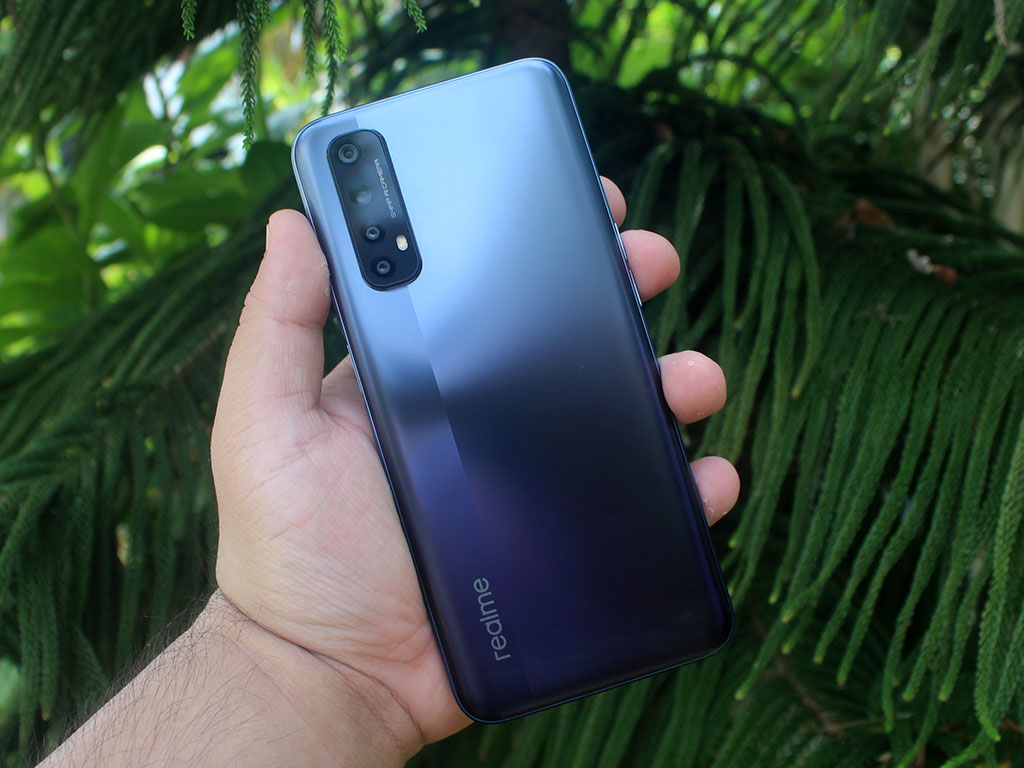
At the bottom part are the USB Type-C port, the loudspeaker grille, the microphone, and the 3.5mm audio jack. They’re all situated in a layout we’ve seen with previously-released phones so if you’re coming from an older-generation realme phone, you’ll be a lot familiar with this.
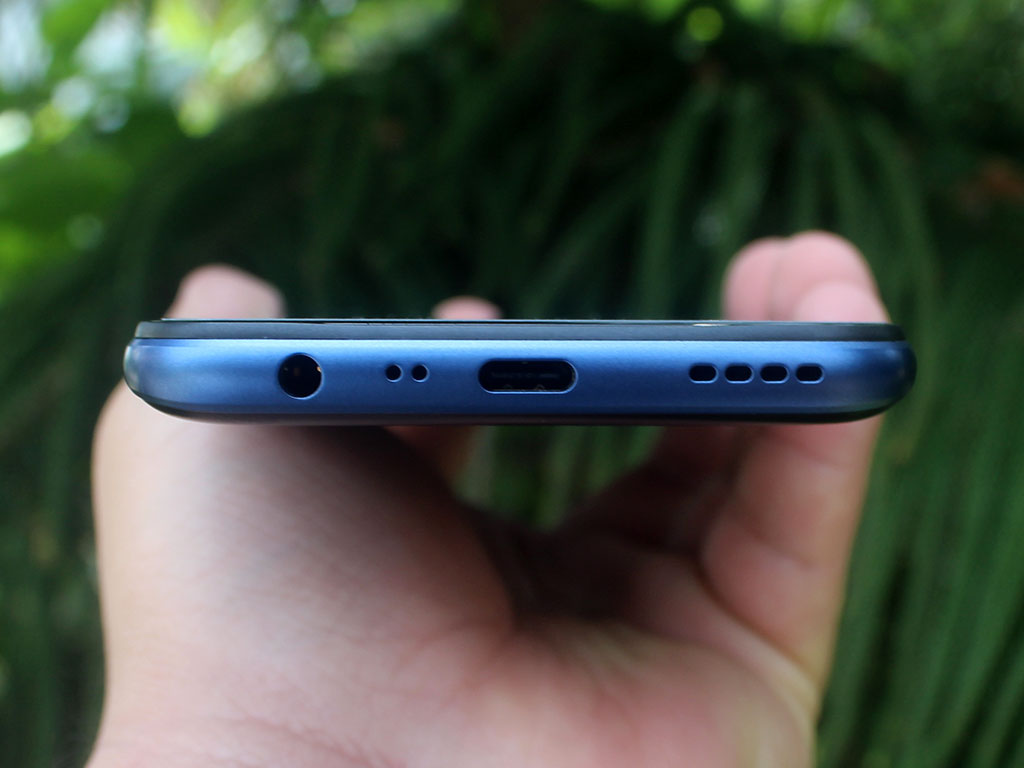
Like the realme 6, the realme 7 offers a fingerprint scanner doubling on the phone’s power/lock button and its placement is recessed in the device’s right side. The placement is easy to reach and the button offers a linear feedback.
At the other side, we have the card tray that can house two nano SIM cards and a MicroSD slot.

The device feels great in the hands — it’s reasonably weighed not to give the hand a strain, but it’s also a bit heavier than the realme 6 since this carries a significantly bigger battery capacity.
A display that’s great, day or night
realme’s displays have been great recently, and this 6.5-inch IPS screen in the realme 7 continues that. With a Full HD+ resolution, it offers well-saturated colors, decent contrast, and reasonable brightness in an oudoor environment setting. The lowest setting, coupled with the Eye Comfort feature, is decent enough for bedtime reading. It also helps that this inherits the realme 6’s 90Hz refresh rate, so expect smooth navigation with it.
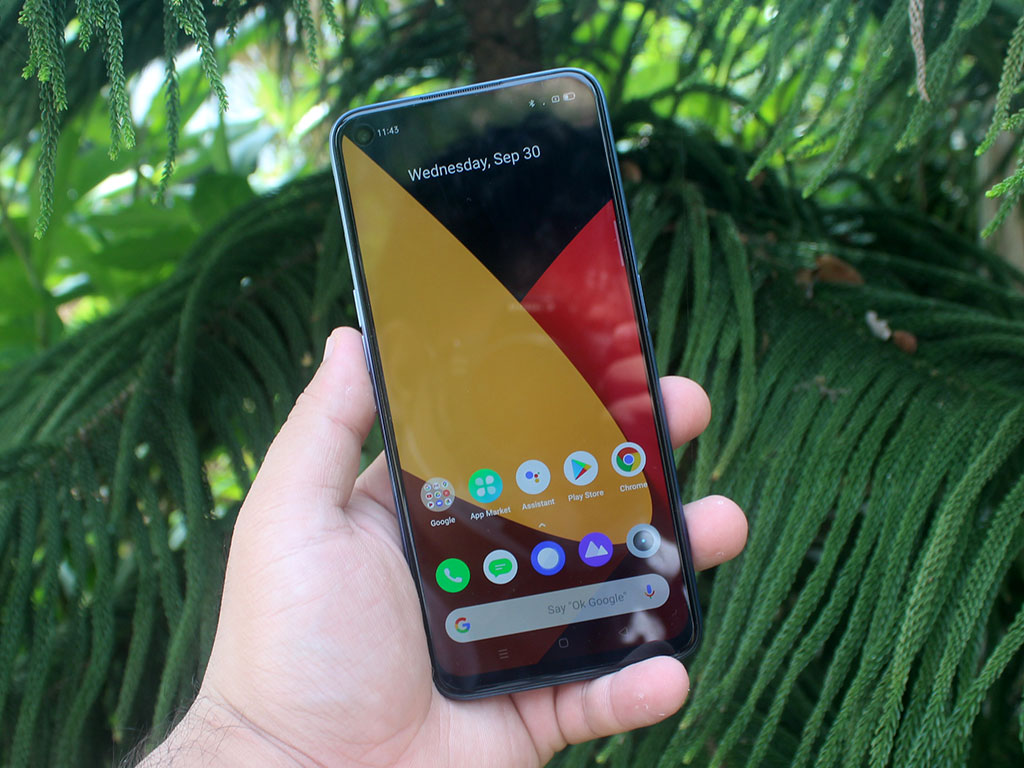
Thus, using it for consuming multimedia content is a joy. The single downward-firing mono loudspeaker at the bottom can easily fill up a small room with its sound, but its audio is just your average loudspeaker with decent mids and highs, muffled lows, and faint bass. Your wired audio can be of help with the 3.5mm audio jack, or even wireless audio via Bluetooth.
A camera you can use day and night
The realme 7 sports a quad-camera setup at the back, with a 64-megapixel Sony sensor leading the way. There’s also an 8MP ultrawide lens and a pair of 2MP lenses for portrait and macro. At the front is a 16-megapixel selfie shooter.
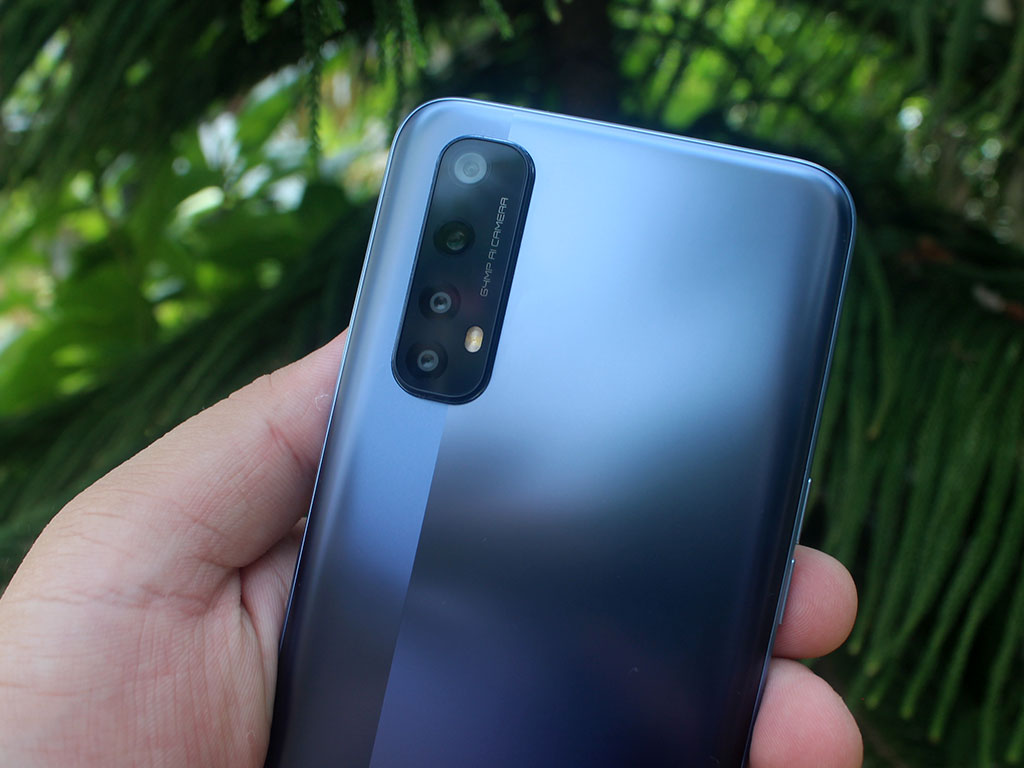
- What can you expect in its default camera software? There are available modes such as Slow-Mo, Timelapse, Google Lens, Pro, Ultra Macro, Panorama, Portrait. The front camera has AI beautification, with options for manual adjustments, as well as bokeh with the Portrait mode.
realme also touts to have great night-mode options including Starry Mode, a feature for taking better astronomical photos, as well as an improved Ultra Night Mode. Here’s a sample with the camera taken with and without the Night Mode:
- Is it ok for daily use? Yes, and it’s incredible. We found ourselves enjoying taking photos. HDR also works well! Photos turned out to be near-realistic, especially if you’re mainly using the 64MP main lens. Using other lenses, though, seem to be a concern. The macro shot colors are great, but we’re concerned more with the wide-angle camera’s colors. Here are some sample shots:
- Is this phone great for vlogging: We think so! Videos are also as great as what you can have in the photos with decent colors, contrast, and range. You can get up to 4K resolution at the rear camera setup, while you have a Full HD video at the front. UIS Max Stabilization has also improved and can give you more stable video shots. Here’s a sample clip:
(Phone) Lag? I don’t know her
The device is the world’s first to sport the MediaTek Helio G95 chip and comes with 8GB of RAM and 128GB of internal storage. As always, realme bakes their phones with their own realme UI skinned over Android 10. It’s as fluid as ever, and we did not have any problems navigating the device.
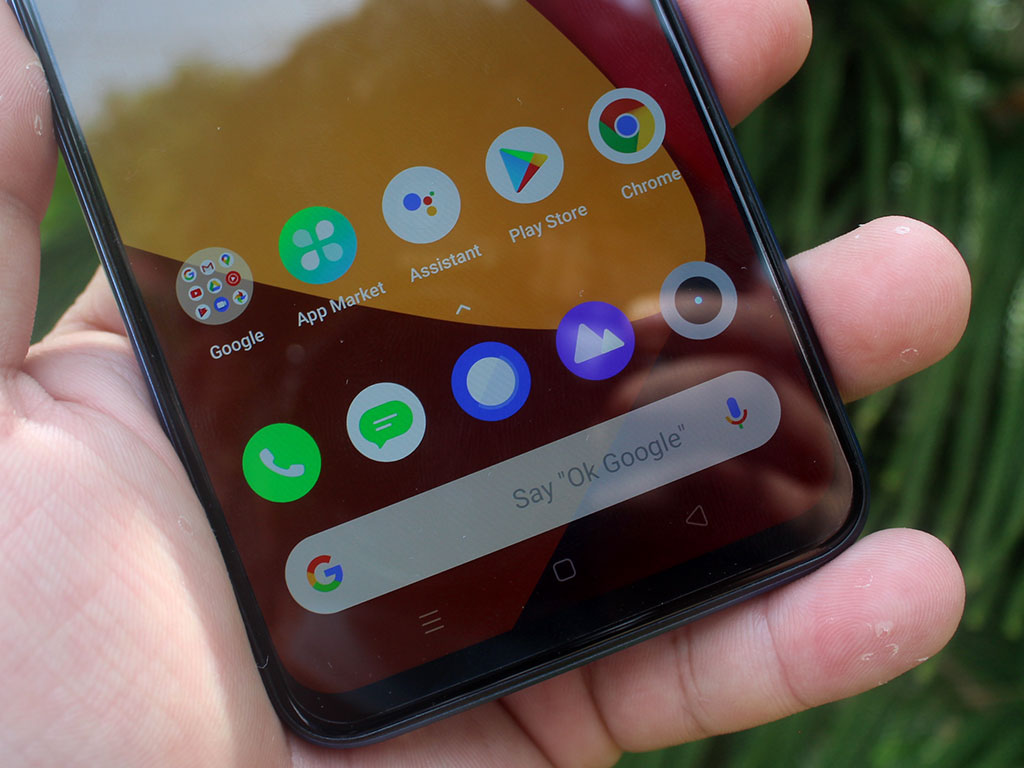
Aside from realme’s own and a suite of Google apps, there are also pre-installed software but can be easily uninstalled. At first boot, you have around 105GB of free space available for your apps and content and can be easily expanded with the dedicated MicroSD card slot.
We’re using the phone for more than a week now, and we never experienced an ounce of any hiccups at all. Playing games such as Asphalt 9, Mobile Legends, or Zombie Tsunami may heat up the upper back part of the phone, but it’s tolerable and nowhere near unexpected levels. Here are our benchmarks:
- AntuTu – 293,487
- PCMark Work 2.0 – 10,573
- 3DMark SSE – 2,701 (OpenGL), 2,634 (Vulkan)
- Geekbench 5 – 549 (Single core), 1,621 (Multi-core)
Connectivity-wise, they all work great, including the WiFi, Mobile Data, and GPS. Signal reception is also well-received, though this still depends on the location where you’re at. We’re able to link our realme Watch and Air Buds Neo with ease with its Bluetooth connection. The fingerprint scanner works well and can register up to five fingerprints.
Better Battery Life
We also did a battery discharge for 30mins in each of these scenarios, to which we checked how much it would reduce:
- Video Streaming – 10%
- Playing graphic-intensive games (Asphalt 9) – 12%
- Social media Browsing over WiFi – 8%
- Music Playback – 4%
- Call – 3%
In real use, the device lasted a whole day on moderate use with calls, SMS, app browsing, and gaming over 4G and WiFi. Our PCMark Battery test yielded 13 hours and 08 minutes, while a video loop test with a Full HD audio, airplane mode, and 50% brightness lasted 19 hours and 44 minutes.
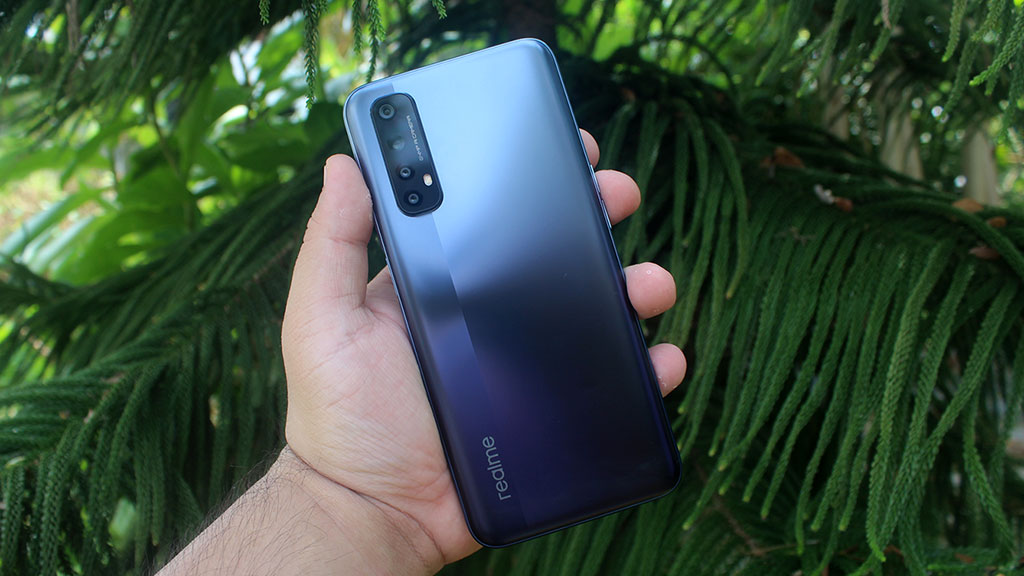




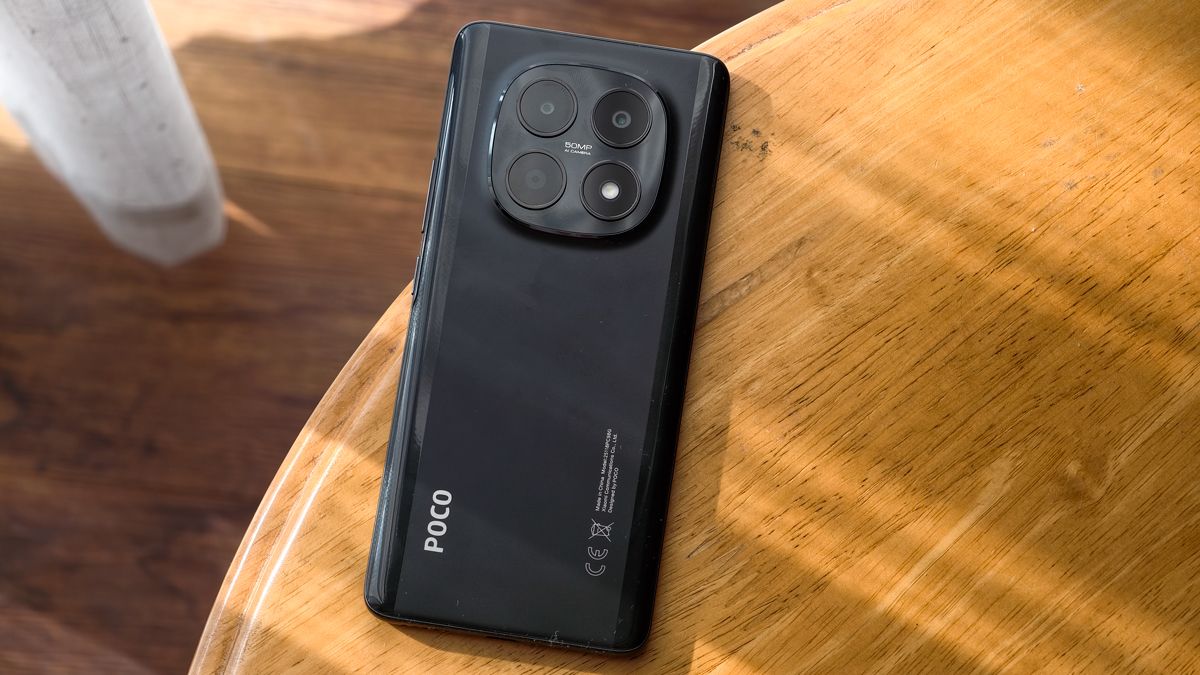
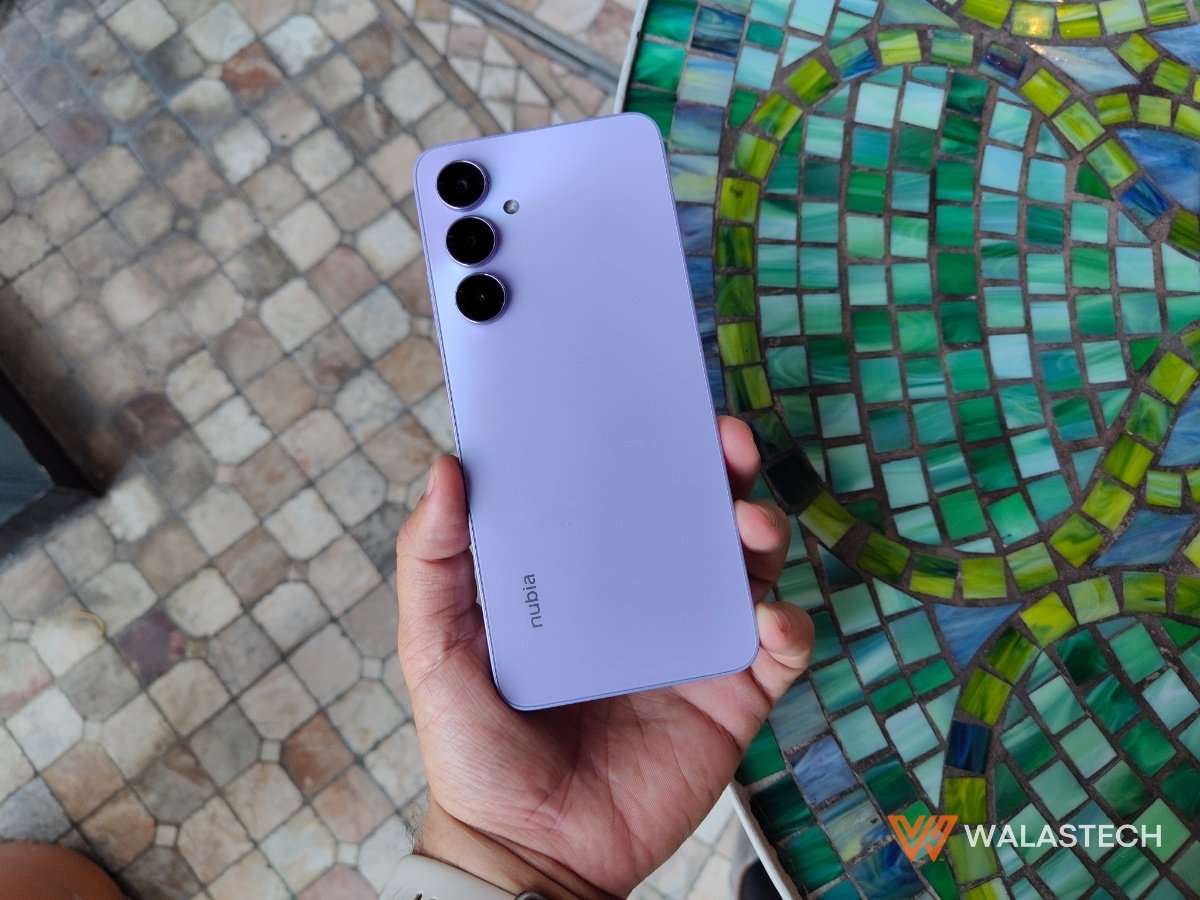
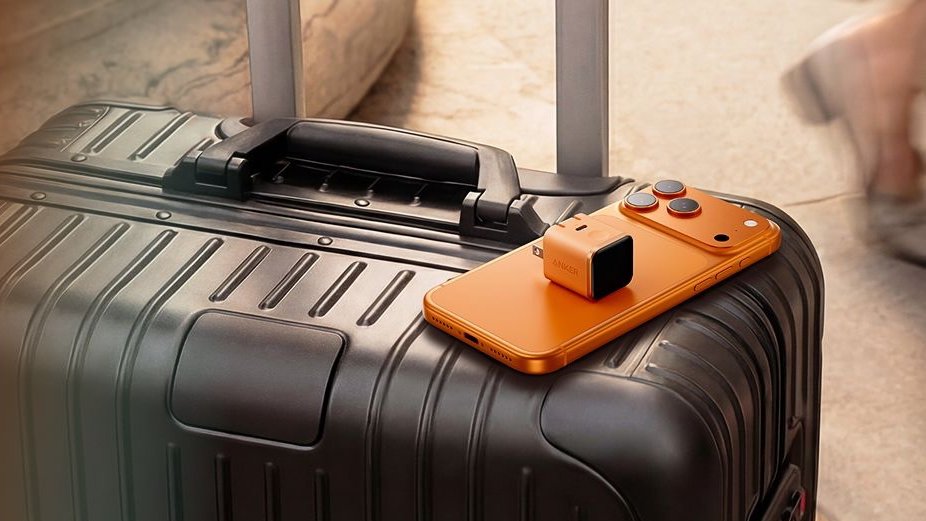
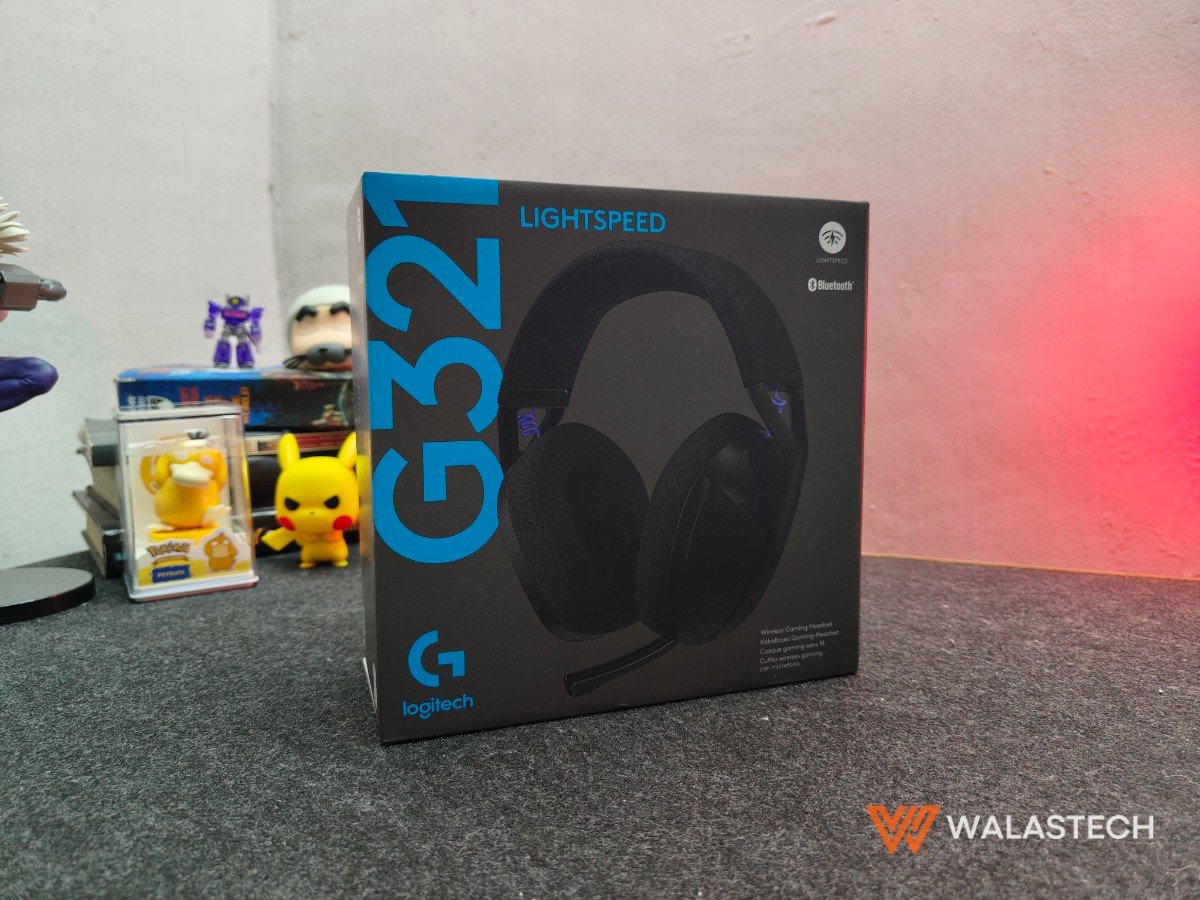

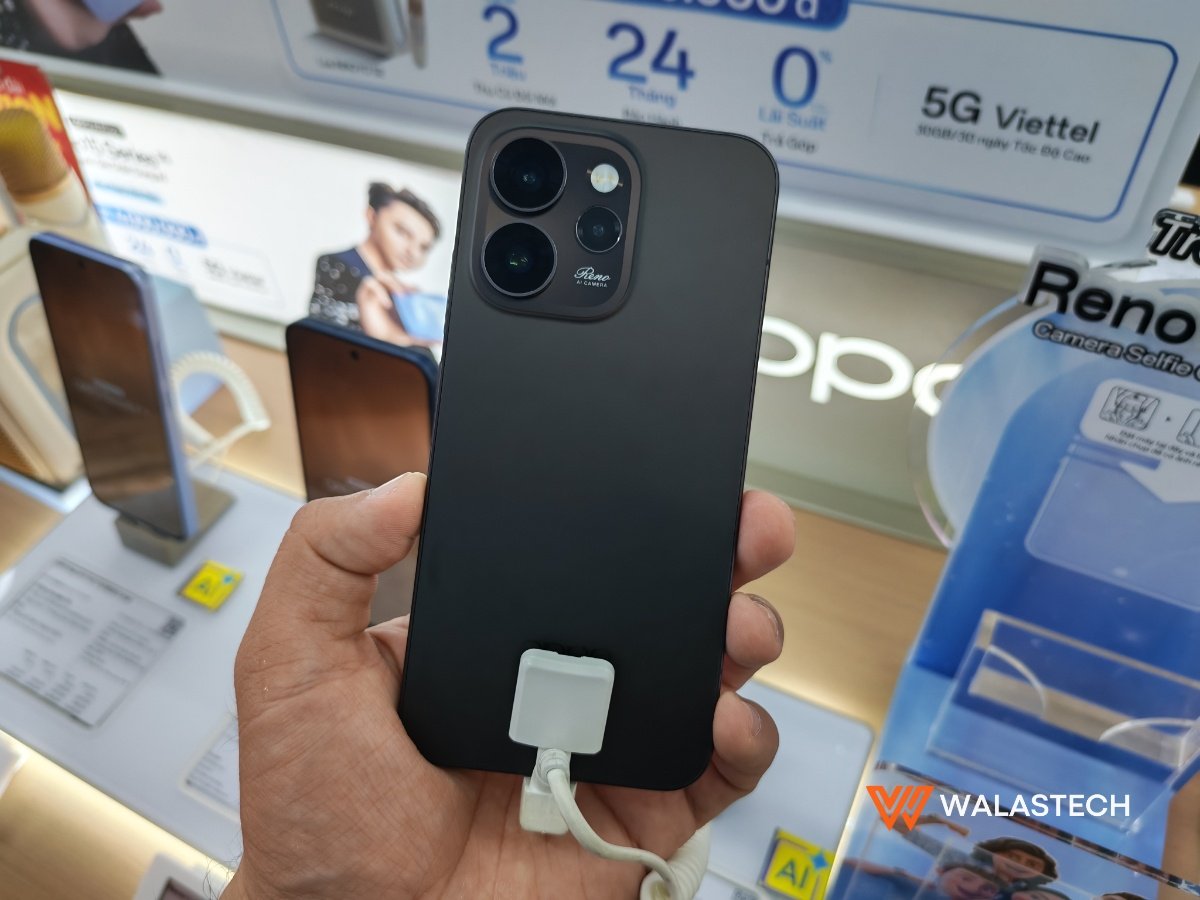
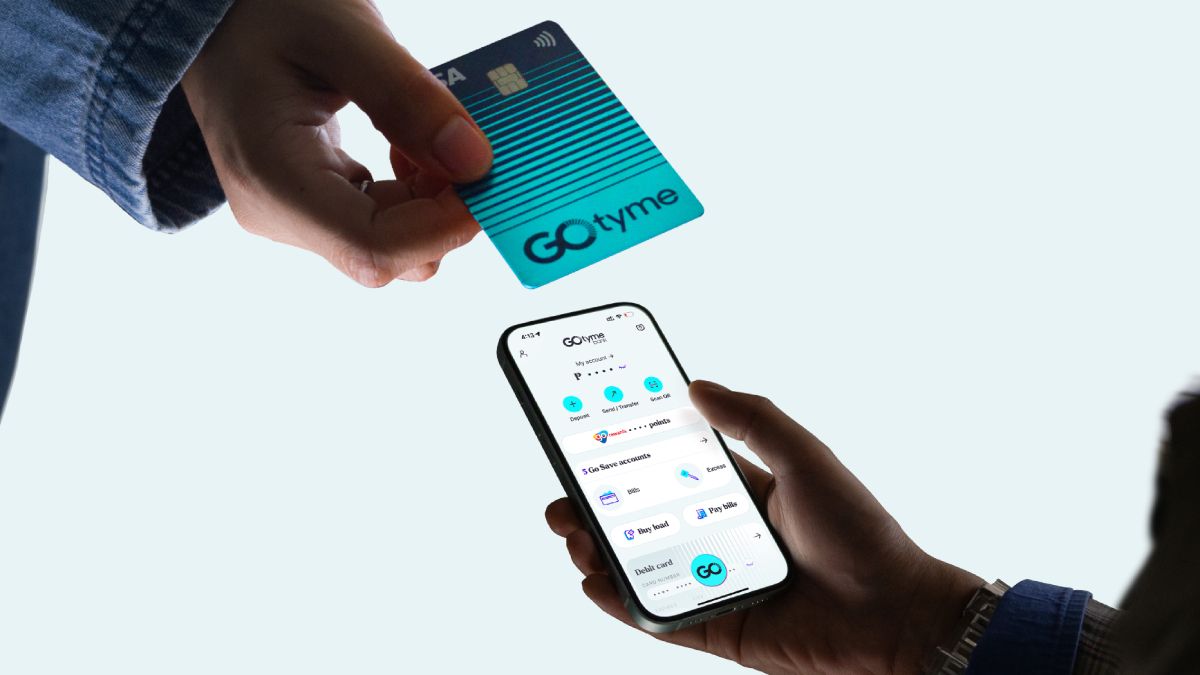
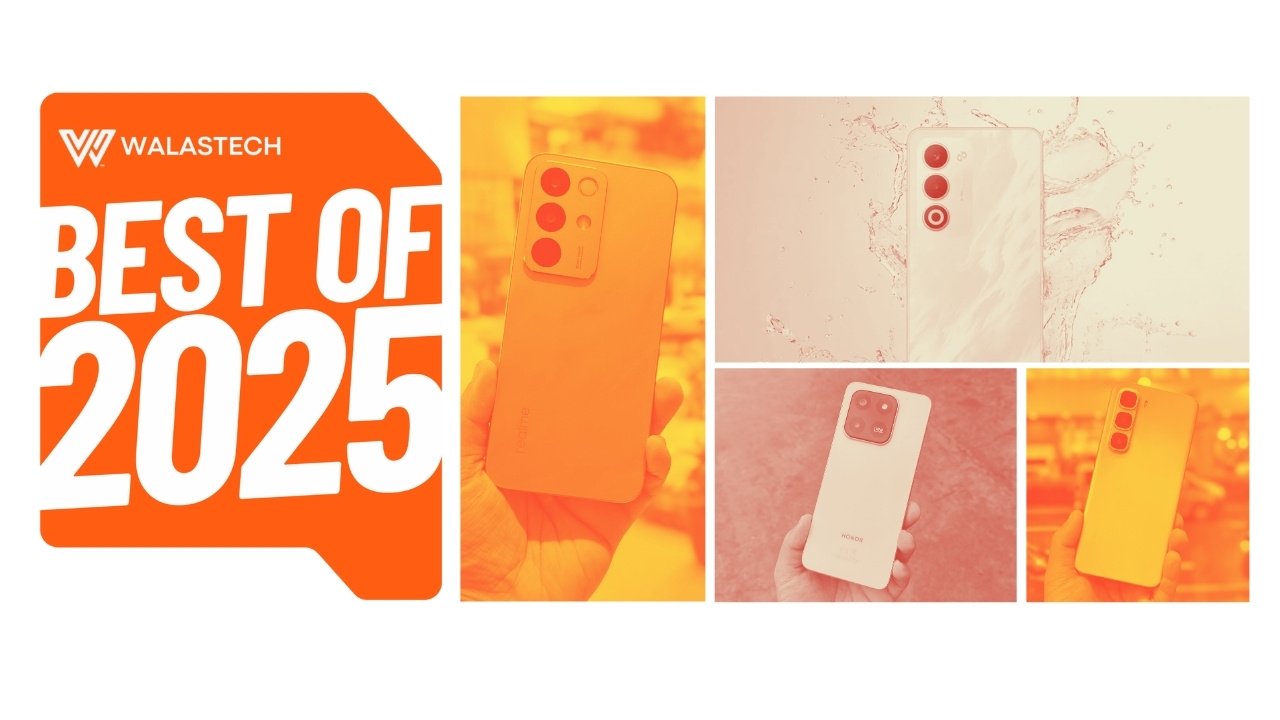
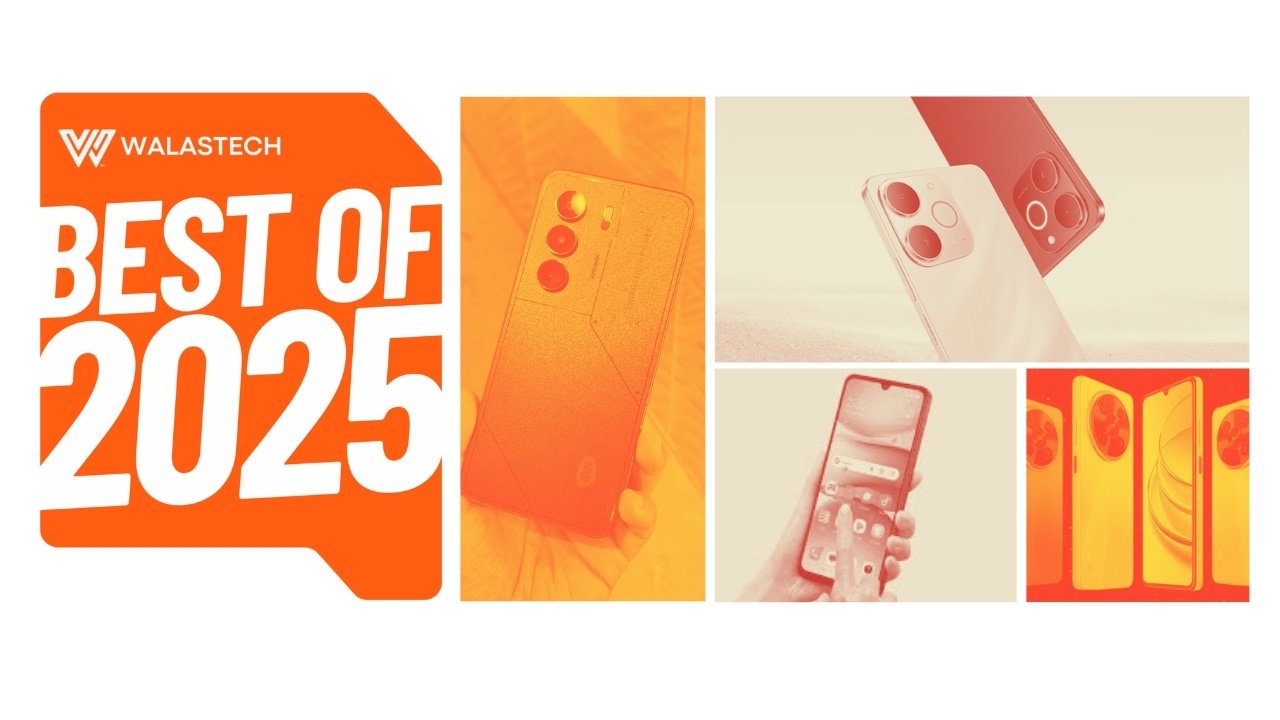




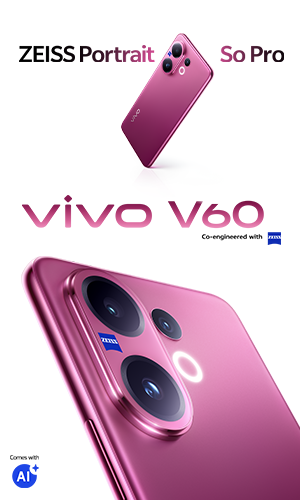

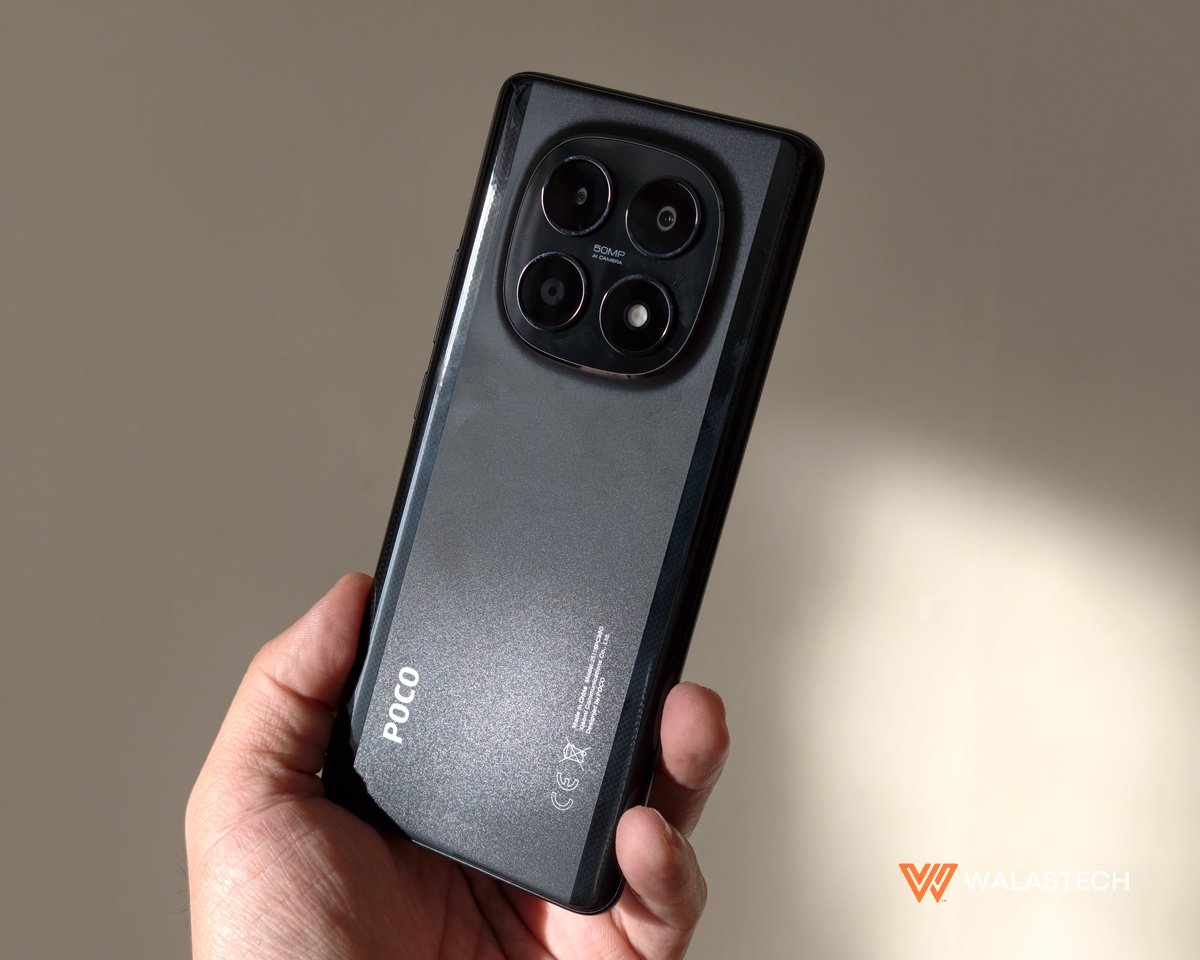
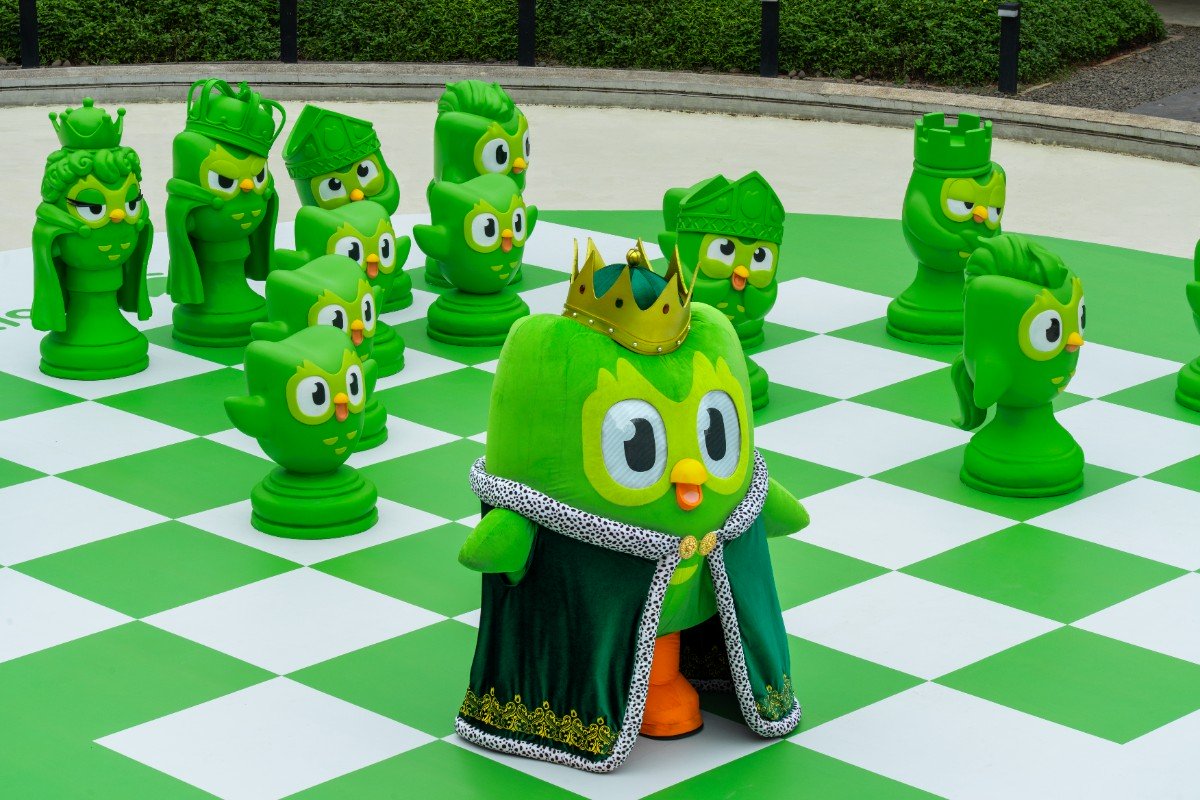

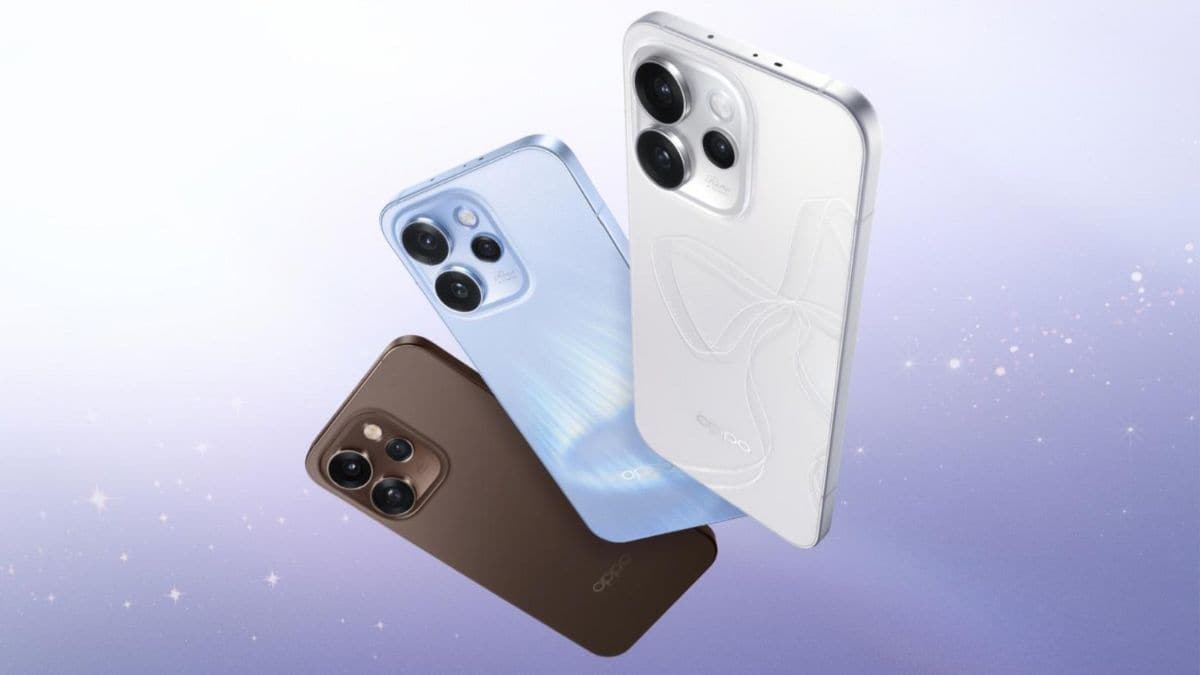
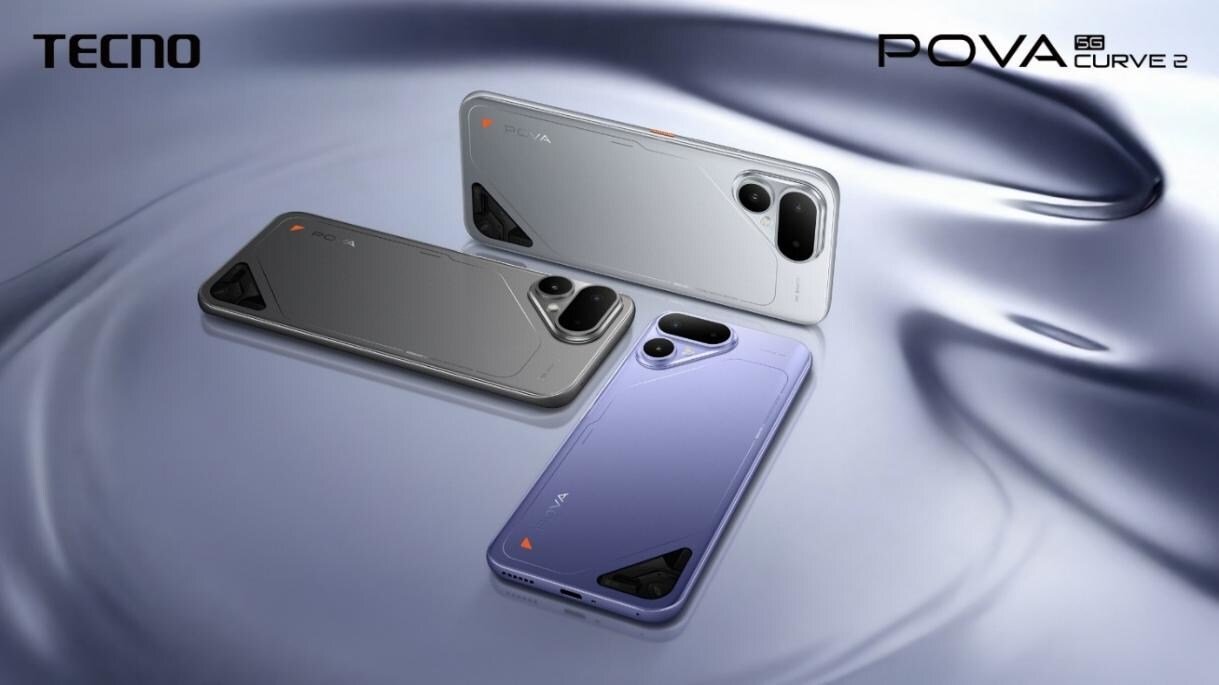
Leave a Reply